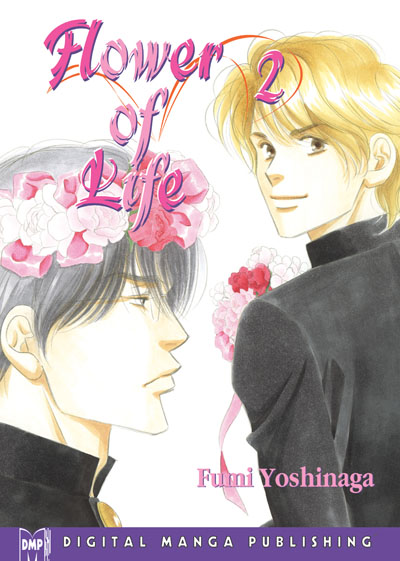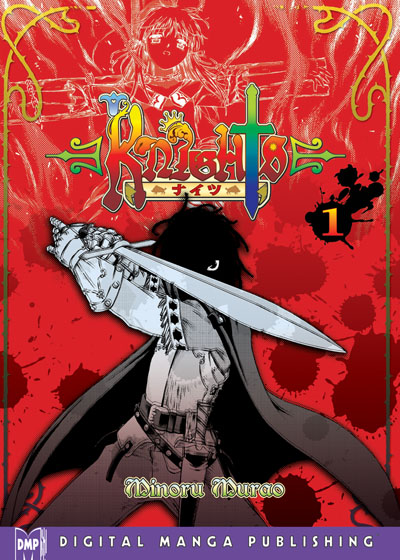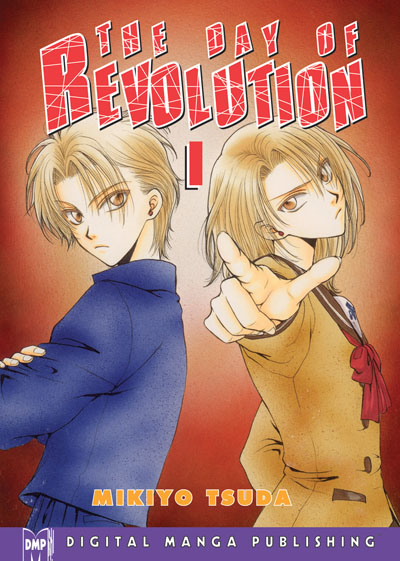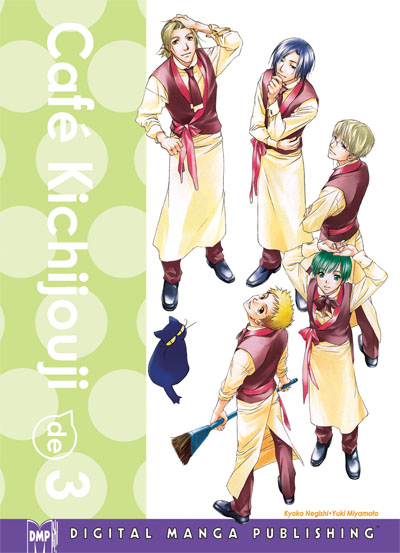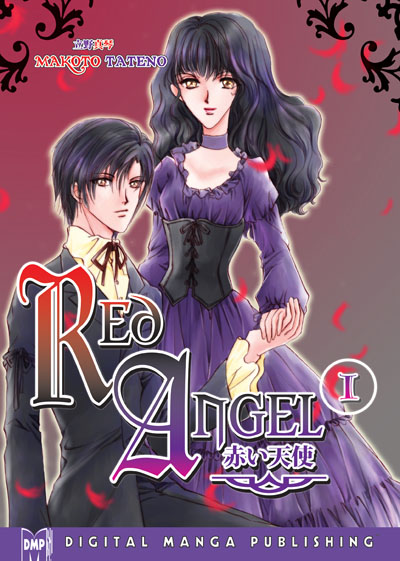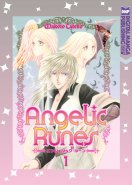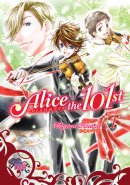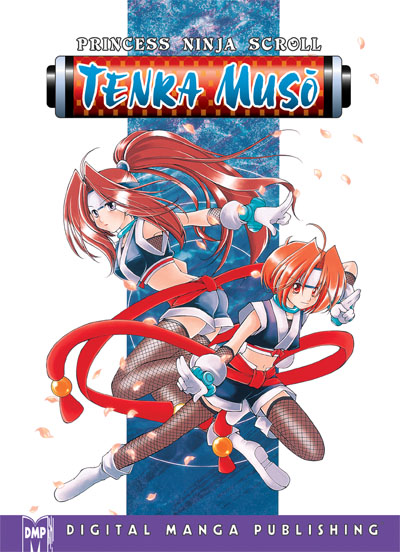



 August 27, 2010
August 27, 2010
Reviewer: Kimi-Chan
I love it when a mangaka not only meets my expectations, but exceeds it in such a manner that the bar is lifted as if to the very heavens. I'd previously read Yoshinaga's Antique Bakery, and her treatment of the slice of life genre quite simply enchanted me with her cast of quirky, but honest portrayals of people living in a neighbourhood, all centred on a new patisserie. I then read her BL title, Ichigenme, and again, her take on the university student romance theme grabbed my attention and left a heavy impression. With Flower of Life, she simply blows most of the competition out of the water.
You think you know high school centred stories of the non Boy's Love kind? You think you know realistic slice of life type tales? Think again, as Yoshinaga doesn't simply tell us a story about one character's life experiences, but an entire class' , and that of those they care about. She literally holds up a mirror, so that every small conversation we once had, or overheard, at some point of our school life, is echoed. Her portrayals go beyond mere likenesses towards the end of almost being ghosts of reality. This is manga that is so honest, it resonates. From her conversational prose, to the incredibly expressive drawings, this is a true masterpiece.
The premise is deceptively simple. A new kid is starting high school, a month behind his peers. That in itself is unusual enough, but there is more. Haru is a year older than his peers, and begins by introducing himself to the class and explaining the reason why he is older and starting later: he has just recovered from leukaemia. The otherwise passively bored to mildly interested public faces of his classmates at once leap into life. This guy almost died from a serious illness, and now has come to join them. Bleached blonde hair, friendly smile, open personality, he has faced something that these young people thought of as unthinkable at their age. He quickly finds a close friend in the chubby kid in the class, Shota. Shota gets him in the manga club, where he discovers that Haru is quite talented. Not that this gets him any bonus points with manga club president and classmate Kai Majima, whose goal seems to to be to harass Haru given the opportunity.
On the surface, this sounds pretty by the book, but Yoshinaga's treatment of it is anything but. All the little asides by fellow classmates are overheard, revealing the uncertainties and insecurities that reign during these years. The high hopes are there too, as Shota and Haru forge forward with their passion for drawing manga. The observation of the adults in the story is just as revealing: from Haru's teacher whose looks are not only deceptive, but has a messy love life that spills over into the lives of the students by chance, to Haru's sister, a hikamori (shut in) who actually LONGS to go out to work, but cannot bring herself to even walk to the local shop to buy cream, and who has carried the burden of caring for her sick brother with grace. Each character is rich in flaws that reveal their inner humanity, and touch a chord within the reader. These are all traits and emotions that we have either felt, or recognise from other personal experiences. The lives intertwine, weaving a tapestry that is beautiful, rich, and varied. So not so much a traditional story, as a vignette of an era in the lives of a group of people, as they play, laugh, cry, and above all, grow.

![]()
![]()
![]()
